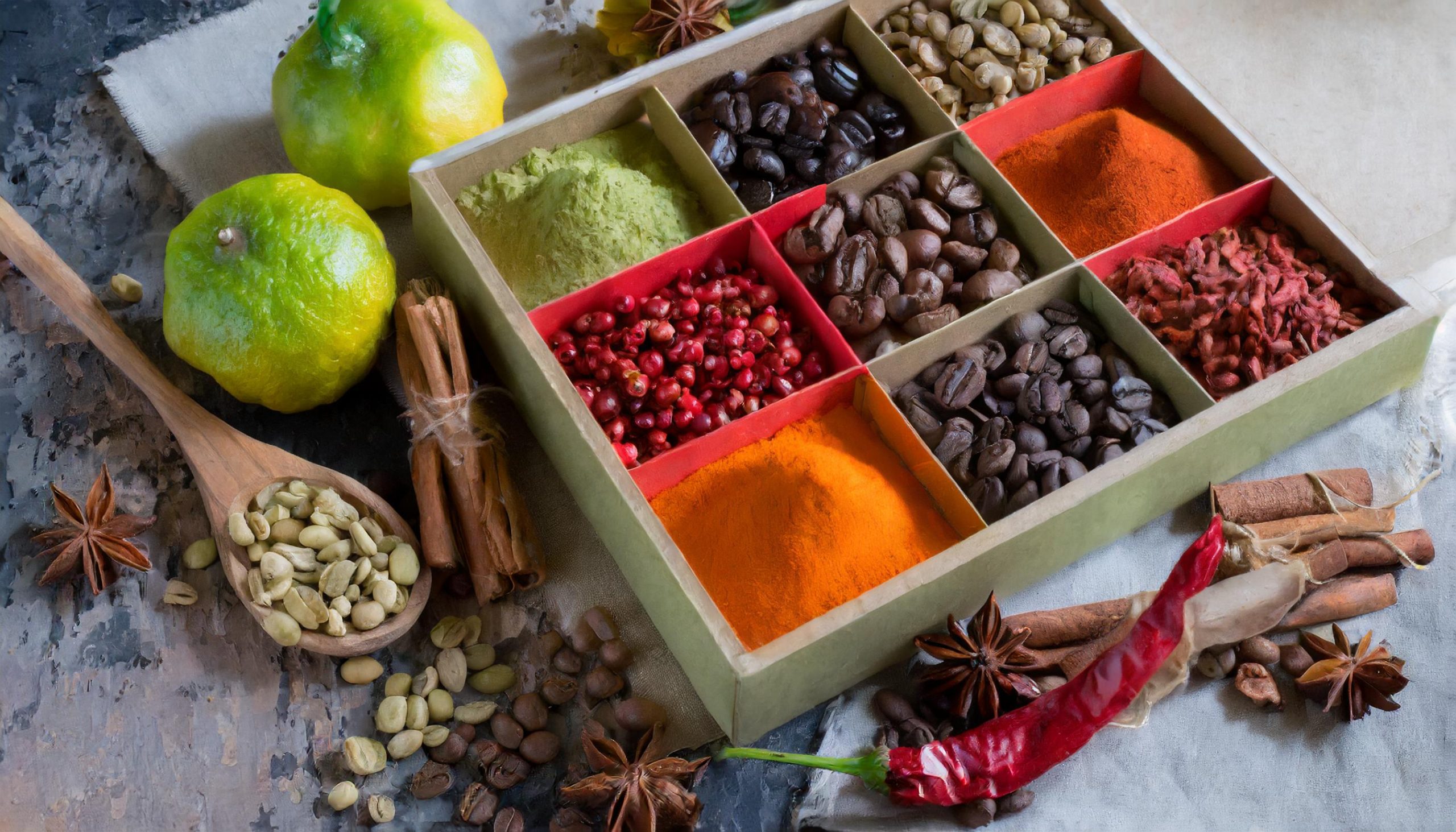Are you the kind of person who savors a strong, freshly-roasted black coffee or craves the intense flavor of 90 percent dark chocolate over sweeter options? Do you prefer a negroni or gin and tonic during a night out rather than a sweet cocktail? If so, brace yourself for some intriguing, albeit potentially unsettling, insights.
Recent social media buzz has centered around a 2016 study conducted by researchers from the University of Innsbruck in Austria. This groundbreaking study explored the connection between individuals’ taste preferences and their personalities, shedding light on some rather unexpected findings.
The study involved 953 American participants who were asked about their preferences for sweet, sour, salty, and bitter foods and beverages. In addition to this, they also completed personality surveys assessing traits such as psychopathy, narcissism, aggression, and sadism.
The results of the study unveiled a significant correlation between a heightened enjoyment of bitter foods and an inclination toward sadistic tendencies. Bitter foods, in this context, included items like gin and tonics, black coffee, and dark chocolate.
“In two studies, we investigated how bitter taste preferences might be associated with anti-social personality traits,” the study’s abstract stated. “The results of both studies confirmed the hypothesis that bitter taste preferences are positively associated with malevolent personality traits, with the most robust relation to everyday sadism and psychopathy.”
But what exactly is “everyday sadism”? According to Psychology Today, it refers to individuals who derive pleasure from witnessing or inflicting cruelty during ordinary experiences. Everyday sadists might find joy in causing harm or watching others suffer. They may have a penchant for gory films, find excitement in physical altercations, and even exhibit an interest in the act of torture.
As for psychopathy, studies have suggested that it could affect as many as 1 in 22 people, meaning you might encounter individuals with psychopathic tendencies in your daily life. Psychopathy is characterized by deficient emotional responses, a lack of empathy, and poor behavioral controls, often leading to persistent anti-social behavior and criminal tendencies.
However, before you consider pouring your gin down the sink or tossing that dark chocolate, it’s crucial to note that this field of research is still in its early stages. While some connections have been identified, concrete evidence remains scarce. Enjoying bitter foods doesn’t necessarily imply that someone will exhibit these aforementioned traits.
The researchers also emphasized the distinction between preference and practice. People may avoid desired foods for various reasons, such as cost or dietary considerations, while consuming other foods for social or health-related purposes. Additionally, some initially aversive foods, like chili pepper, beer, wine, and coffee, can become acquired tastes through exposure and social influences. Food sensitivity and occasional experiences, like mistaking wasabi for avocado, can also impact taste preferences.
Interestingly, other studies have suggested that individuals who prefer sweet-tasting foods may exhibit more prosocial behaviors, such as helping, sharing, and caring for others.
It’s essential to remember that self-diagnosis or diagnosing others with personality disorders is not advisable. If you or someone you know is facing mental health challenges, seeking professional help is always the recommended course of action.




